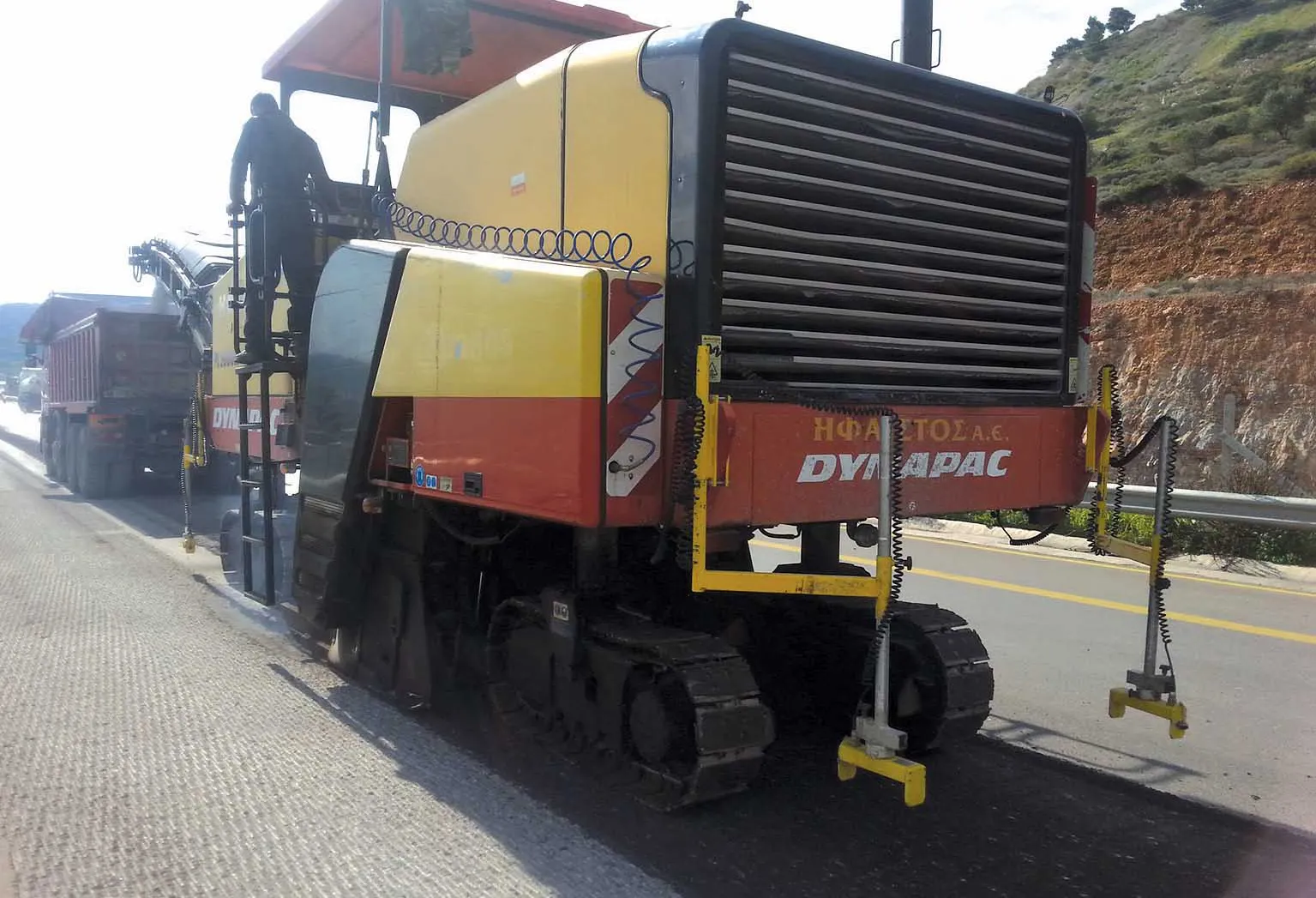Sweden’s National Road and Transport Research Institute (VTI) is publishing a new report showing ways to improve road safety. Of note is the fact that the report does not recommend a ban on mobile phone use while driving. Instead, VTI believes that a package measures can train and support drivers to manage communications more safety. According to VTI, this will be more effective than a ban on the use of cell phones at the wheel. VTI claims that more information will enable drivers to understand when it is d
April 13, 2012
Read time: 2 mins









